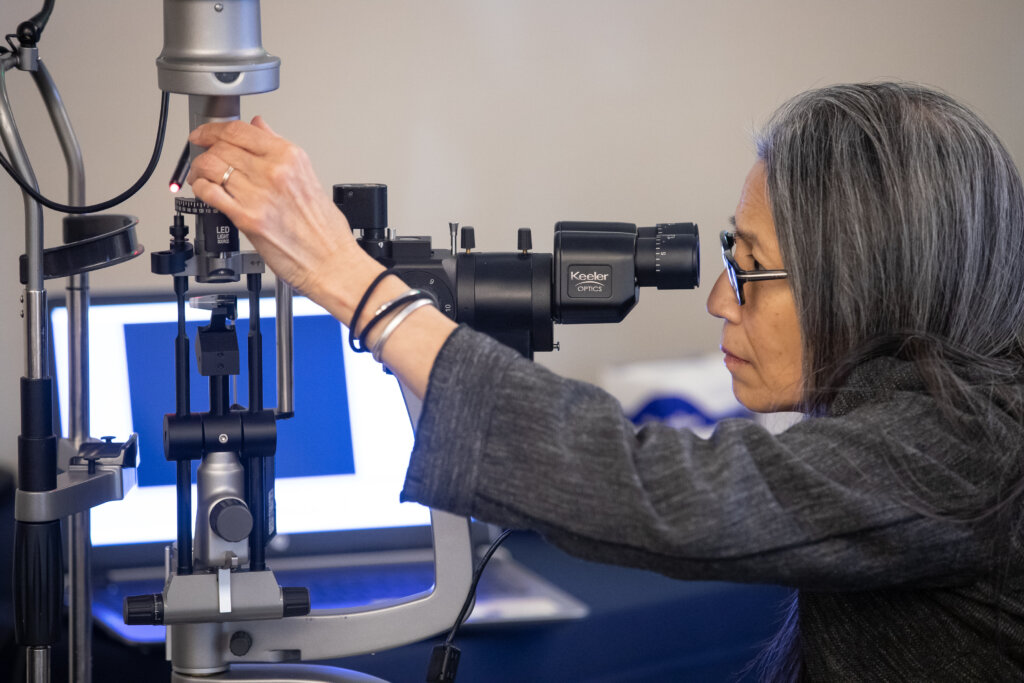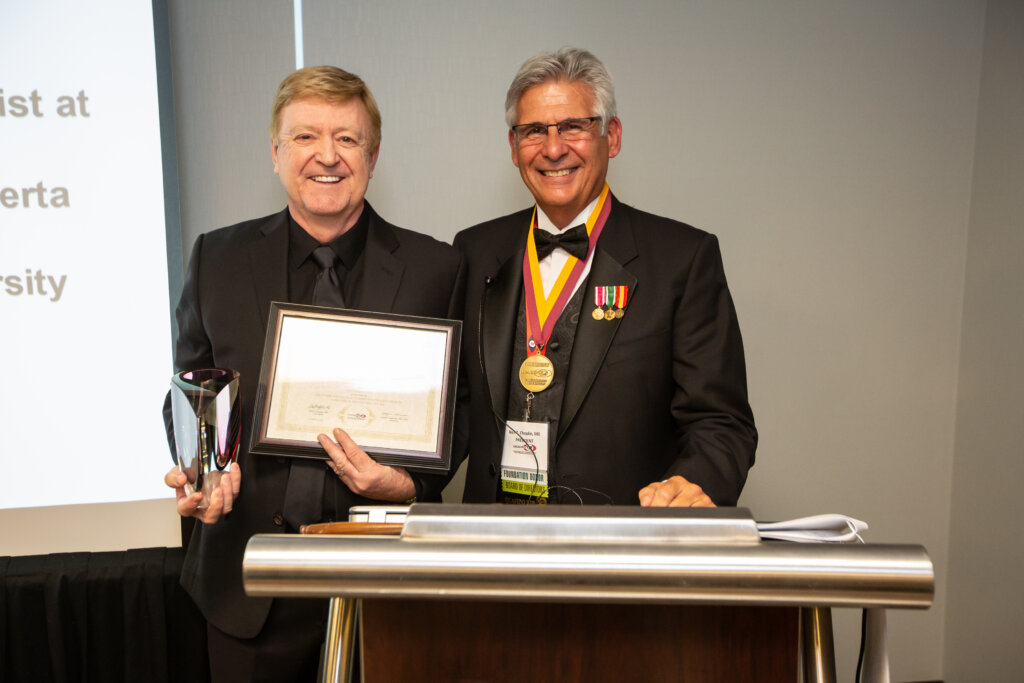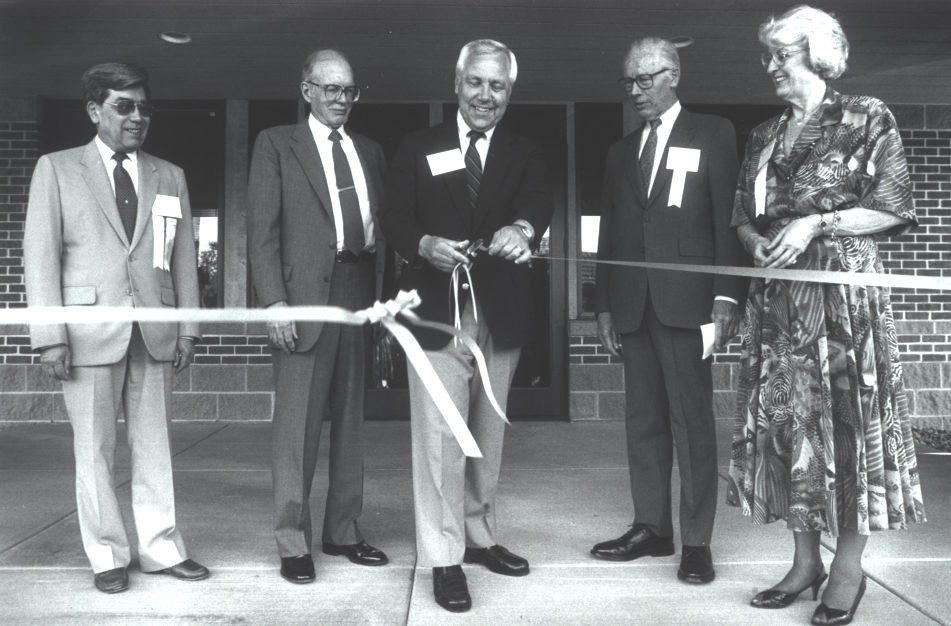About
The International Joint Commission on Allied Health Personnel in Ophthalmology (IJCAHPO) was established as a 501c3 not-for-profit organization in 1969 to offer certification and continuing education opportunities to ophthalmic allied health personnel. Currently more than 34,000 people in the U.S., Canada, and around the world hold an IJCAHPO certification.


Mission
To promote global eye health and prevent blindness through training program accreditation, education and the certification of Allied Ophthalmic Personnel. In pursuit of its mission, IJCAHPO will bring results in four areas:
- Promote the establishment of AOP training programs
- Develop and implement global accreditation standards for training programs
- Develop and encourage adoption of international standards for certification
- Promote education, training, and continuing education resources for AOP

Governance
IJCAHPO is governed by, or under the direction and subject to the oversight of, a Board of Directors (the “Board”) consisting of seventeen (17) Directors. An Advisory Councilor is selected from each of the Regular Organizations. The purpose of the Council is to facilitate dialogue, support IJCAHPO’s activities on issues related to AOP, and provide input/advice to the Board of Directors on such matters as the Board of Directors may refer to the Council. Affiliate Council Organizations represent AOP associations, International Council organizations represent ophthalmological societies outside of North America.


History
Six ophthalmologist-led societies had a vision to address the Allied Ophthalmic Personnel (AOP) shortage, educate and train technicians, and establish certification standards to enhance knowledge and skills through assessment. These initiatives were made possible through the important leadership of IJCAHPO’s Past Presidents.
Resources
IJCAHPO has developed resources to provide guidance on what it means to be a qualified AOP, promote a culture of ethical behavior within the profession, specify roles and responsibilities of the ophthalmic health care team, and communicate updates that affect AOP.
